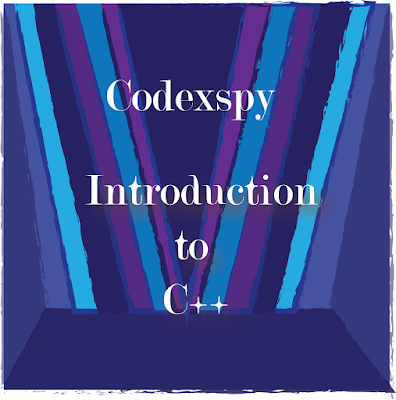Software developers liked ' C ' Because of its speed, compactness, and ability to increase the power of hardware through low-level features. In 1973, the Unix operating system was developed using C.
Niklaus Wirth defined that a program is a mixture of two components :
Algorithms + Data Structures = Programs
Simula 67 was the first object-oriented programming language developed in the 1960's. It was followed by 1970. In the 1980s the computing world grew at a tremendous rate and the need for the thousand system programmer was felt. It was found that structured programming itself had flaws and limitations, as there was no support of reusability, extensibility, and sharing. So it was a need to develop a new programming language that could support the fast development of extremely large projects and extendable software.
In 1983, Bjarne Stroustrup created c++ on the principle of object-oriented programming. It supports much requires features such as code reusability, extensibility, sharing, and a variety of Polymorphism.C++ is a mixture of ' C ' and simula67 object-oriented concepts.
Topics:
| Basic Concepts | OOP Concepts |
|---|---|
| Data Types | Classes and objects |
| Escape sequence | Inheritance |
| Flow of controls | Constructors |
| Arrays | Polymorphisms |
| Structure | File Handling |
| Pointers | Exceptional Handling |
| Operators | Templates |
| I/O Function | Operator overloading |
| Strings | Introduction to UML |
Programming Technique survey:
What is Programming Language:
Four Types of Programming.
- Unstructured Programming
- Procedural Programming
- Modular Programming
- Object-Oriented Programming







0 Comments